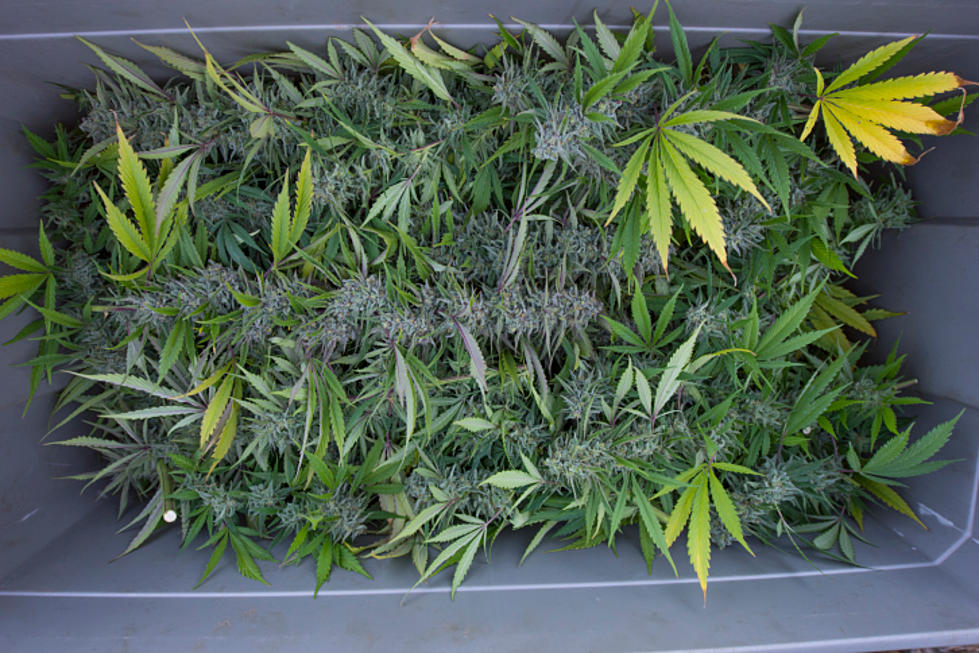
NJ legal pot rules set, prioritizing people with past convictions
TRENTON – State regulators approved the initial rules for New Jersey’s legal marijuana industry Thursday, with many provisions designed to favor smaller entrepreneurs, specifically including those with marijuana convictions in their past.
The 160 pages of interim rules adopted by the Cannabis Regulatory Commission are now effective for the next year, at which time permanent rules must be enacted. The interim rules also can be amended through the regular regulatory process.
Details about marijuana cultivators, manufacturers and retailers were included, but those governing distribution and delivery service businesses and consumption lounges will follow later.
“It’s been a long road to get here,” said Dianna Houenou, the CRC chairwoman. “And for many, really too many people, it’s been a decades-long effort to push the state of New Jersey to abandon its prohibitionist policies, legalize cannabis and establish sensible regulations to set up a strong, safe, regulated marketplace.”
Small microbusinesses with 2,500 square feet or less and 10 workers or fewer can pay smaller license fees and get quick approvals for conditional licenses, so long as their owners are all from New Jersey. Their applications will get priority for review, along with women, minority and disabled veteran applicants, those from high-poverty areas and those with past marijuana convictions.
“In an effort to really make up for past harms that have occurred in cannabis prohibition, we want to prioritize the people who have really shouldered those burdens,” said Jeff Brown, executive director of the CRC.

“We will continue our work here at the CRC to ensure that those most harmed by the failed war on people, those from historically and socioeconomically disadvantaged communities, are able to benefit from this significant opportunity,” said Commissioner Charles Barker.
Commissioner Krista Nash, a former director of the PROMISE program at Volunteers of America Delaware Valley, said she knows of the difficulties people face when re-entering society after time in prison.
“That practice stops here today. These rules, they kick that barrier to the curb,” Nash said. “We encourage people that have been harmed by the war on drugs and legacy operators to apply. The legacy operators have the experience, they have the knowledge. You need to come in, expand your customer base and teach the regulated market.”
A date wasn’t set for the start of legal marijuana sales, which must begin by Feb. 15.
The commission also didn’t say when license applications will become available on its website.

The approval of interim rules comes two days before the deadline set by state law. Saturday is also the deadline for municipalities to decide whether to opt out of allowing marijuana businesses – and more than 63% have, though they can reverse that choice at any time.
First Responders Appreciation
More From 92.7 WOBM










